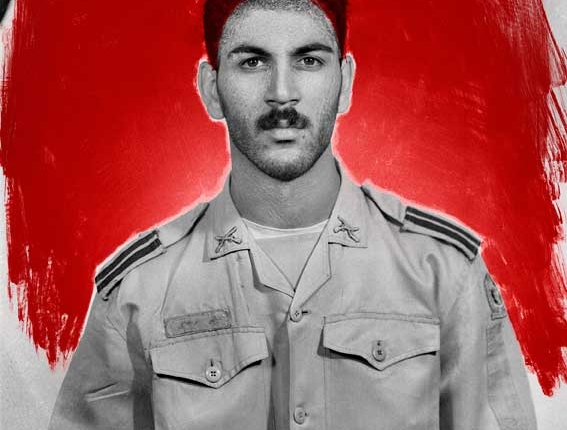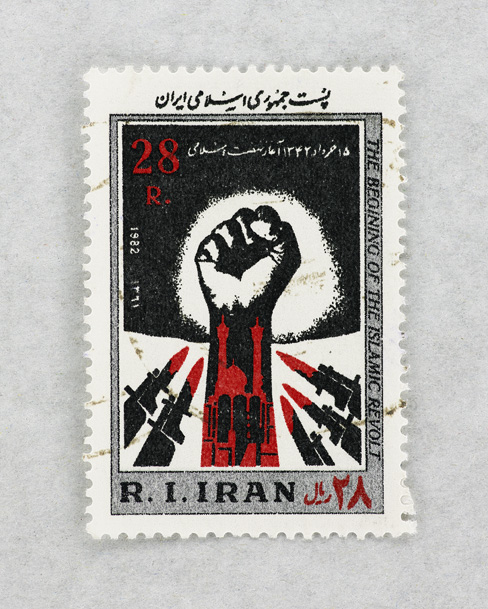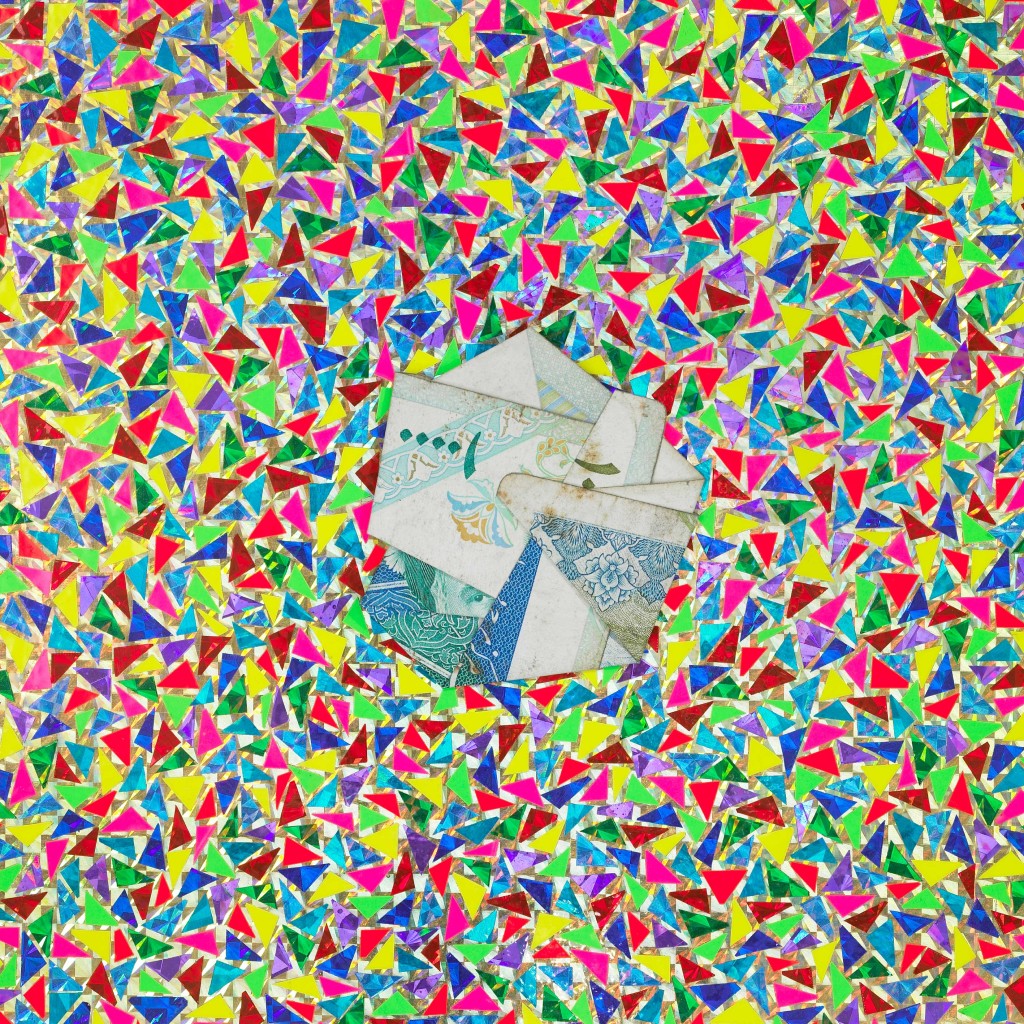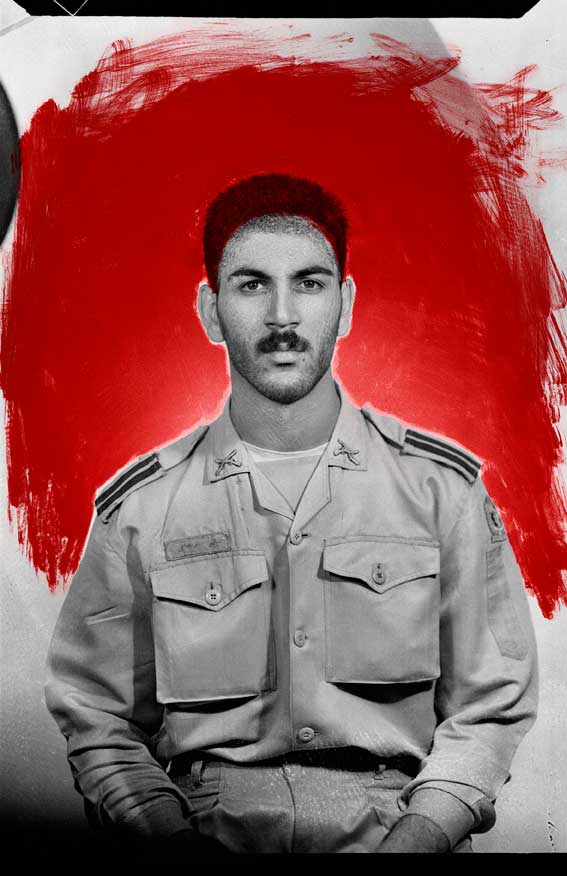Location: Palazzo Ducale, Cortile Carrara, 1.
INERTIA AND FORCE – A SECOND REVOLUTION
curated by Simindokht Dehghani
in collaboration with AG Galerire, Teheran
Without a doubt, documentary photography in Iran received its fiercest impetus during the Iranian Revolution and the eight-year war with Iraq (1980-1988). Photographers and photography novices rushed to the border to capture the horrific war to prove to the world the injustices of a ruthless neighbor. Exhibitions, photobooks and award-winning images sponsored and supported by the government continue till today – though less strongly – and lay the foundations of Iran’s contemporary photography scene.
After the war was over, some of those photographers, continued with the support and permission of the government to capture the horrors of war in Afghanistan, Iraq and today in Syria. For others, a more peaceful yet just as revolutionary move was to go back home and establish photography as a university degree, teach it and archive it. This meant that the contemporary photography of Iran developed under the strong documentary gaze of veteran revolution and war photographers. One of the most influential voices of photography in Iran was Bahman Jalali (1945-2010).
Many of his contemporaries practiced capturing the sholooghi* of their surroundings but Jalali was content to documents the calm of his experiences. The generation of artists and photographers who passed through his classroom have today established themselves as the emerging voices of the contemporary photography of Iran and although their predecessors practiced capturing the movement of their world, these artists are quietly documenting the calm force of a second revolution in the photographic trends of their era.
** “Even my shots of disorder are orderly. Yet the Iranian that I am ought to delight in the sholooghi* a Farsi word for any disorder: the turbulence of a disturbed man, the rowdyism of kids in the street, or a bloody popular uprising.” (Abbas Attar)
Artists: Abbas Kowsari (Tehran, 1970), Ali Mobasser (Maryland, USA, 1976), Ali Zanjani (Tehran, 1986), Behzad Jaez (Tehran, 1975), Ghazaleh Rezaei (Tehran, 1990), Matin Abedi (Tehran, 1989), Mehrali Razaghmanesh (Tehran, 1983), Peyman Hooshmandzadeh (Tehran, 1969), Parnian Ferdossi (Tehran, 1986), Parisa Aminolahi (Tehran, 1978), Shahrzad Darafsheh (Tehran, 1982).





 © Josef Koudelka / Magnum Photos
© Josef Koudelka / Magnum Photos © Abbas / Magnum Photos
© Abbas / Magnum Photos